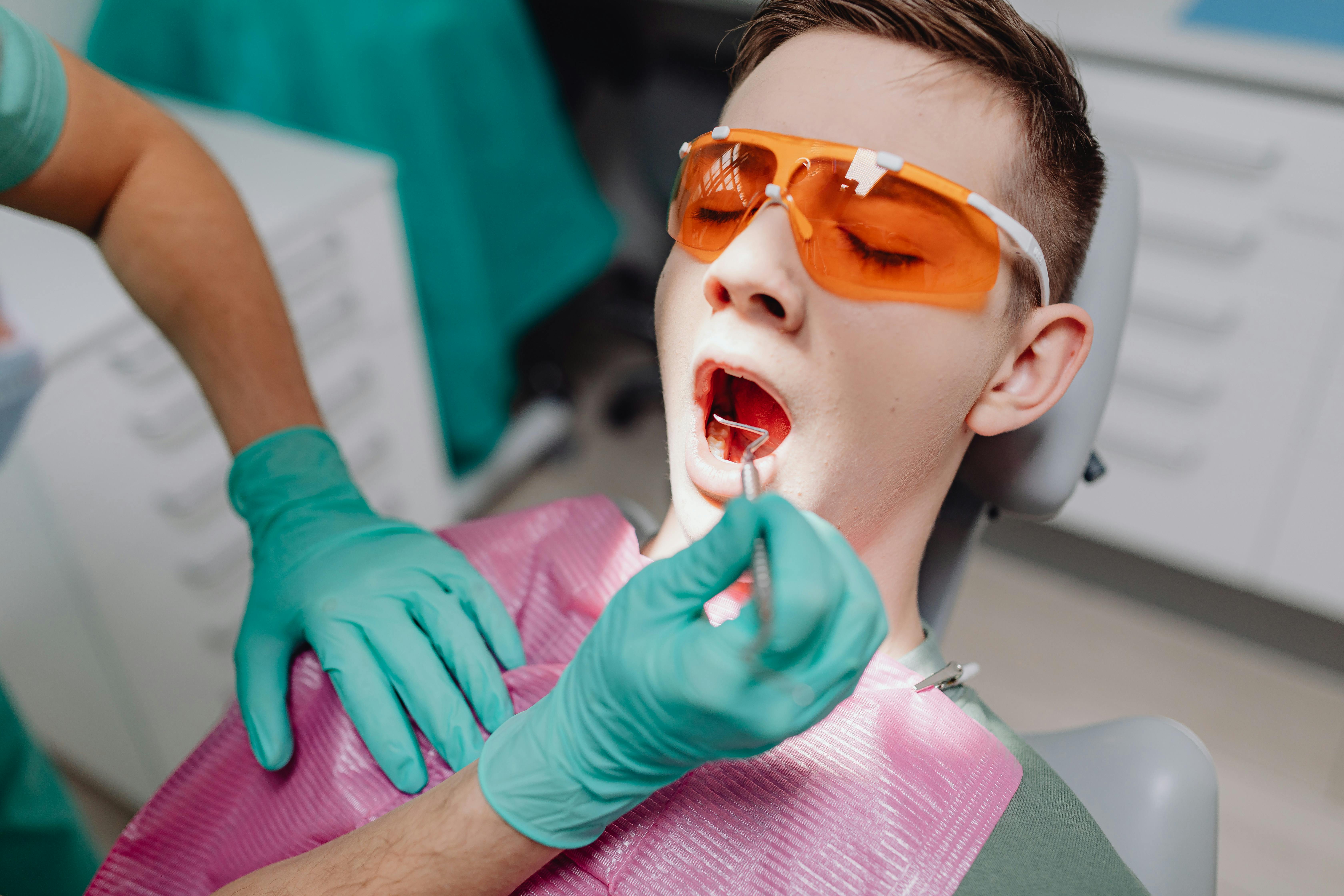30
Apr 2025
Dental Emergencies During Hospital Stays: What You Should Know
Published in General on April 30, 2025

A hospital stay is usually focused on treating major health concerns, but what happens when a dental emergency strikes during recovery? It is easy to overlook oral health in such settings, yet dental problems can add unexpected stress to an already challenging time. Understanding how to handle dental emergencies during hospitalisation is essential to ensure a smoother recovery and overall well-being.
While the hospital staff is well-equipped for many health issues, dental care is often not immediately available. Knowing what to expect and how to act can make all the difference if you face an unexpected dental issue while admitted.
Why Dental Health Should Not Be Ignored During Hospitalisation
Oral health is directly tied to overall physical health. Neglecting dental hygiene during a hospital stay can lead to infections, worsen pre-existing conditions, or cause additional discomfort that slows down recovery.
Factors like medications, restricted diets, and stress can impact dental health during hospitalisation. Dry mouth, increased plaque buildup, and weakened tooth enamel are surprisingly common side effects. Left unchecked, minor dental concerns can quickly escalate into more serious problems.
Paying attention to your teeth and gums while recovering can prevent these complications and support a healthier, faster recovery journey.
Common Dental Emergencies That Can Occur in Hospitals
Even with the best care, dental emergencies can happen when you least expect them, especially in unfamiliar environments like hospitals. Some of the most common issues include:
- Accidental falls: A slip while moving around the hospital room can result in chipped or broken teeth.
- Damaged fillings or crowns: Hospital meals, even if soft, can sometimes dislodge old dental work.
- Tooth sensitivity and pain: Changes in diet or dehydration from treatments can trigger unexpected toothaches.
- Infections: A weakened immune system during illness may leave gums and teeth vulnerable to infections.
These emergencies can cause significant discomfort and, if not addressed promptly, may complicate your hospital recovery.
When a Dental Crown Becomes Necessary
Sometimes, a dental injury during a hospital stay is severe enough that temporary fixes will not be enough. For example, if a tooth cracks or breaks significantly, protecting it becomes a priority to avoid infection and further damage. In such cases, receiving a dental crown may be recommended once you are stable enough for dental treatment.
A dental crown helps cover and reinforce a damaged tooth, restoring its strength, function, and appearance. While most hospitals will not perform dental crown placements on-site, they can temporarily guide you on managing the injury and arrange follow-up care after discharge.
If a dental issue arises during your hospital stay, informing the medical staff immediately ensures that necessary precautions are taken until you can see a dentist.
How Hospitals Handle Dental Emergencies
Hospitals typically focus on stabilising urgent situations. For dental problems, their immediate goal is to manage pain, prevent infections, and stabilise oral injuries.
Here is how most hospitals approach dental emergencies:
- Pain management: Administering safe pain relief suitable for your medical condition.
- Temporary solutions: Protecting a broken tooth with temporary materials to avoid further injury.
- Dental referrals: Coordinating care with dental professionals after discharge if needed.
While full dental procedures like placing a crown or root canal treatments are not done in most hospitals, the staff can help ensure that your dental health does not worsen while you are under their care.
Tips to Manage Dental Health During Your Hospital Stay
Prevention and early action go a long way in protecting your dental health during a hospital stay. Here are a few practical tips:
- Bring your dental hygiene kit: Pack a toothbrush, toothpaste, mouthwash, and floss along with your essentials.
- Stay hydrated: Many dental problems during hospitalisation are triggered by dry mouth. Drinking water regularly can help.
- Alert staff early: If you notice any dental discomfort, report it immediately rather than waiting for it to worsen.
- Request soft food options if needed: Soft meals can prevent additional damage if you are already experiencing dental pain.
- Plan post-hospital dental care: Arrange a visit to your dentist soon after discharge, especially if you faced any dental issues during your stay.
These simple steps can make a significant difference in protecting your smile while you recover.
Hospital stays are all about healing, but true recovery also includes looking after every part of your health, including your teeth. Dental emergencies can be stressful, but knowing how to manage them during hospitalisation helps you stay focused on getting better.
If you experience a dental issue, prompt attention can prevent small problems from becoming major ones. And if you need treatments like a dental crown after a hospital stay, it is all part of ensuring that your recovery is complete, inside and out.
FAQs
Q1. Can hospitals treat dental emergencies during a stay?
Hospitals can manage pain and stabilize dental injuries, but most full dental treatments are referred to external dentists after discharge.
Q2. What should I do if I chip a tooth while hospitalised?
Inform the hospital staff immediately. They can help protect the area and advise you on next steps until you can visit a dentist.
Q3. Is it common to need a dental crown after a hospital injury?
Yes, if a tooth is cracked or severely damaged during your hospital stay, a dental crown may be recommended to restore it.
Q4. How can I prevent dental problems during a long hospital stay?
Maintain daily oral hygiene, stay hydrated, and address any discomfort early by speaking with hospital staff.









